1) Hi Nada, can you tell us what you've been up to since graduating from THINK Global School in 2022? Since graduating in 2022, I've been pursuing a passion I found while at TGS, sustainability, and I am currently majoring in engineering in renewable energy systems at Al Akhawayn University, in Ifrane, Morocco. But there is way more than that! I've had a chance also to explore the world of...
Read MoreWe’re thrilled to share that the 2023-24 school year is officially underway at THINK Global School! This marks our fourteenth year in operation, 46th term overall, and 30 different countries in which we’ve lived and learned.
While final module preparations are being made onsite in Sarajevo, Bosnia & Herzegovina, for the term, our students are taking part in an online week of learning ahead of their own arrivals in the beautiful Balkan country themselves.
We’re also excited to share three significant changes for the 2023-24 school year and moving forward. They are:
TGS Welcomes Andy Wood as Its New Head of School
We are thrilled to announce the appointment of Andy Wood as the new principal of THINK Global School. Andy brings a wealth of international experience to the role, having led schools in Dubai, Cape Town, and the Bahamas during his seventeen-year career. Prior to TGS, Andy served as the founding principal of Green School South Africa, a pioneering institution recognized for its forward-thinking, child-centered education delivered through a sustainability lens.
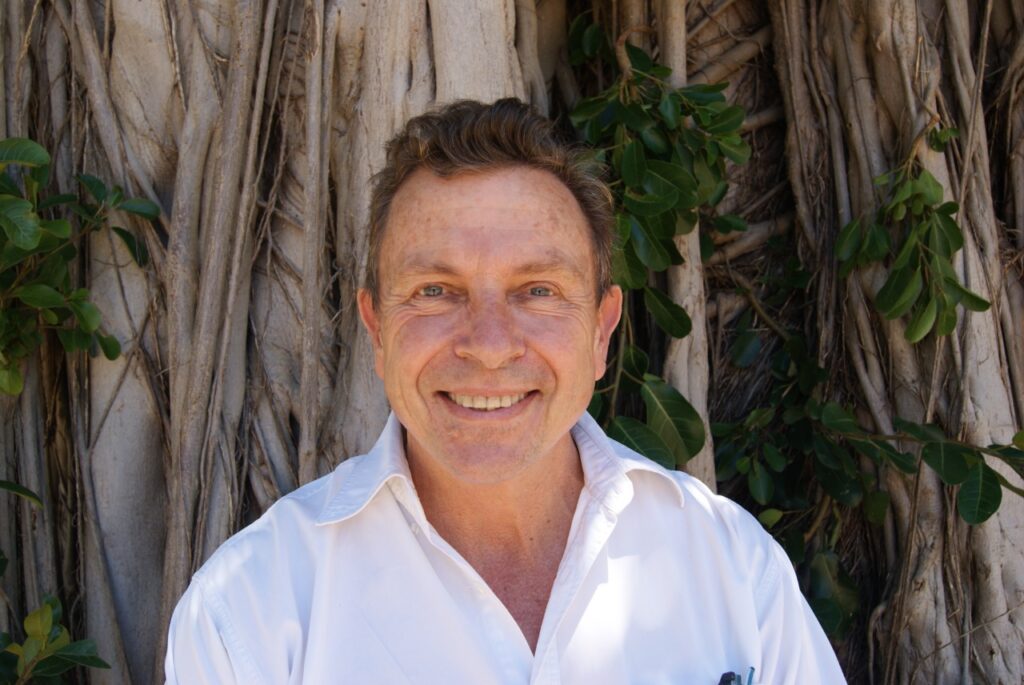
Andy received his secondary education at Bishops Diocesan College in Cape Town, South Africa, before proceeding to the University of Cape Town where he obtained an Honours Degree in Geography, with English as his second major. Further solidifying his credentials, Andy holds a Post-graduate Diploma in School Management from Henley College, and he has completed school leadership courses at the Harvard Graduate School of Education. His contribution to education extends beyond leadership, as he has authored several school textbooks and led accreditation teams for the New England Association of Schools and Colleges (NEASC).
In addition to his professional accomplishments, Andy is happily married to his wife Karen, who herself is a school principal in Cape Town. Their son Christopher recently passed the New York State Bar Examination, and their daughter Amy is making strides in digital marketing. Andy and Karen recently welcomed their first grandchild into the world, Lucas, who resides in Baltimore.
THINK Global School Now Consists of One Cohort Instead of Two
In 2018, we decided to scale up our student body from 45 students to 60 and double our physical presence in the world by operating two cohorts. That first year, for example, half of our students were in Shanghai, China, while the other half were where we are currently: Bosnia & Herzegovina.
After five years, we’ve decided to return to dedicating all our resources to one cohort. Many factors played a role in this decision, but our ability to provide one cohesive TGS experience while reducing our carbon emissions is chief among them. We’ve also reduced our student body size to 41 students this year, thus ensuring that THINK Global School retains one of the world’s lowest student-to-educator ratios at 4:1.
Our Curriculum Looks to the Future through the Addition of Project Domains
Project-based learning has been the backbone of our Changemaker Curriculum since 2017, and since then, we’ve seen an increase in key metrics such as engagement, agency, autonomy, and academic belongingness. It was the right decision at the right time and has led to countless incredible projects being created by our educators and students.
A lot has changed in the world over those last six years (looking at you, pandemic), including the launch of the THINK Learning Studio in the summer of 2022.
Headed up by long-time TGS Principal Russ Cailey, the THINK Learning Studio is focused on taking what THINK Global School does so well and applying a future-forward perspective to it for other institutions worldwide. With a year’s worth of experience helping other organizations reach their potential, Russ and his team are helping implement some of their best practices at TGS.
One of the first steps taken by the THINK Learning Studio to enhance our curriculum was the introduction of four domains of the future. They are:

Now, each term, no matter where in the world they are, our students can participate in projects that prepare them for the future by integrating one of the above four domains into their content. During their time in Bosnia & Herzegovina, for example, students can select to participate in projects that incorporate artificial intelligence and genomics. You can learn more about them below.
So why incorporate these domains, you might be asking? Simply put, the world is transforming rapidly, and adopting these future-forward themes into our curriculum prepares students to tackle complex problems that both exist and are on the horizon. They’ll encourage meaningful ethics debates, teach valuable 21st-century skills, and give students a leg up in life post-TGS.
A Look at Our Term 1 Modules in Bosnia & Herzegovina
With those two major announcements out of the way, let’s look at what our students will focus on during their time in Bosnia & Herzegovina. As mentioned above, two of our modules feature future domains, while the other two are more traditional in the sense that they have more of a humanities focus. (Another minor change this year is that we went from three modules to four, which is awesome for everyone).
Regardless of theme, each module consists of the same framework: a driving question for students to explore, a proposal that states a student’s project intent, a process portfolio that encompasses their work, learning targets that represent their knowledge objectives, and a final product that they share at the end of the term.
Carpentry Innovation
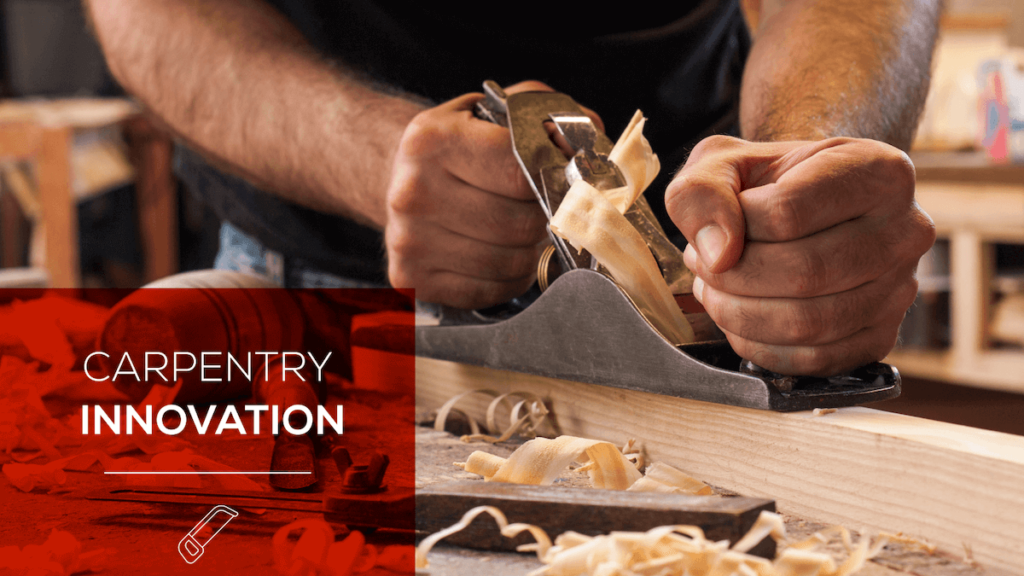
Driving Question: How can we use traditional Bosnian carpentry techniques to create innovative product designs?
Module Overview: Participants will explore innovation and entrepreneurship through the lens of traditional Bosnian carpentry by participating in hands-on workshops with local experts, including Konjic woodcarvers. They’ll also delve into local laws to see how they are used to protect cross-generational artisanal skills.
Final Product: Students will create an innovative item or good using traditional Bosnian carpentry techniques.
Genomic Justice
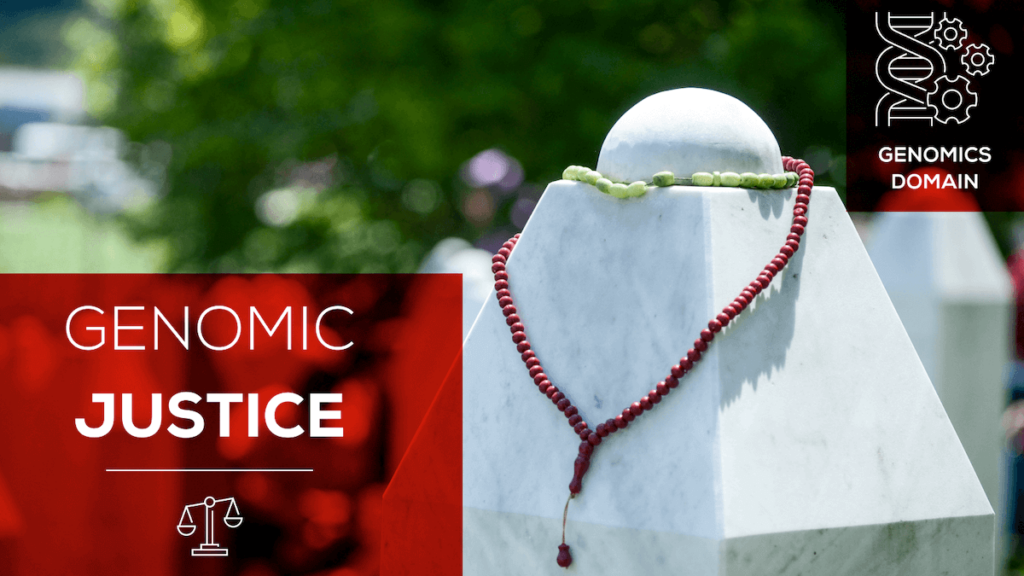
Driving Question: How can we tell the story of reconciliation in Bosnia through DNA sequencing and genetics?
Module Overview: Participants will explore the activist group Mothers of Srebrenica’s fight for reparations following the 1995 Srebrenica Massacre. They’ll examine the genocide’s history, geneticists’ role in identifying human remains through DNA sequencing, and the legal battles taking place at the United Nations.
Final Product: Students will help complete the stories of individuals affected by the Bosnian-Serb genocide through the support of genetic sequencing.
Social Messages: Activism and Art
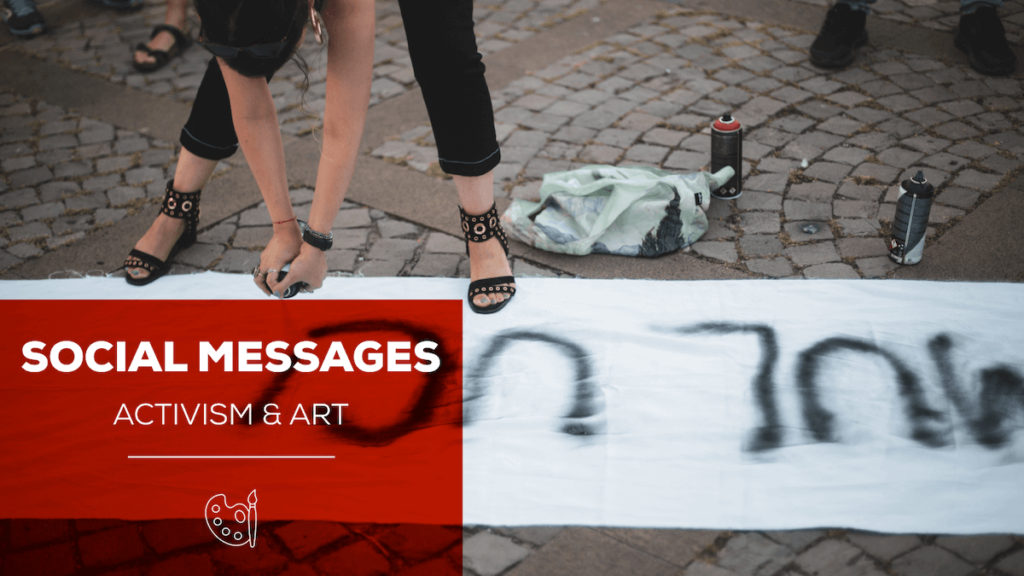
Driving Question: How can art convey a narrative of post-conflict unity while addressing a specified aspect of the Balkan Conflict’s legacy?
Module Summary: Students will use the Balkan Conflict as a lens to explore the significance of social activism and art in conflict resolution. They’ll apply their insights to interpret the rich tapestry of murals and paintings that adorn Sarajevo while reflecting on the role and validity of war in society.
Final Product: Students will create a digital artwork that conveys a post-conflict unity message and a rationale explaining their artistic choices concerning the conflict’s legacy.
AI Journalism: There Is A Human For That
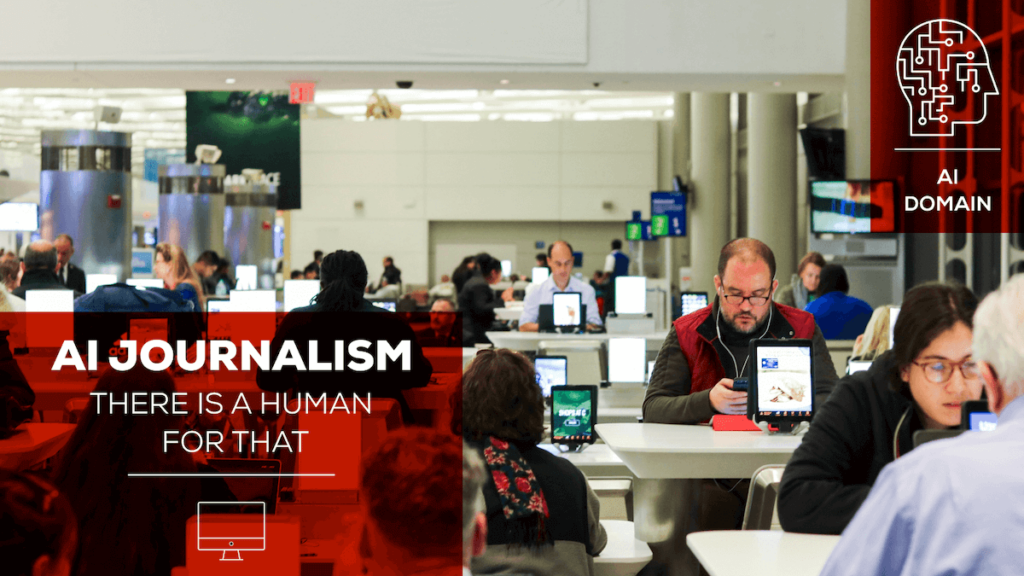
Driving Question: How can AI be applied in investigative, opinion, and solutions-based journalism in the context of digital communities and BiH?
Module Summary: Utilizing AI-assisted technologies and emphasizing Sarajevo’s unique narratives, students will explore journalism and the impact artificial neural networks and human-engineered thought processes have on digital communications. They’ll collaborate with local journalists, publishers, and news organizations to grasp and implement contemporary reporting skills.
Final Product: Participants will build a digital journalism site and investigate, write, and produce a series of articles to be pitched to the Sarajevo Times for publication.
Keep Up With THINK Global School in Real Time
Follow us on Instagram for updates on our travels in real time.